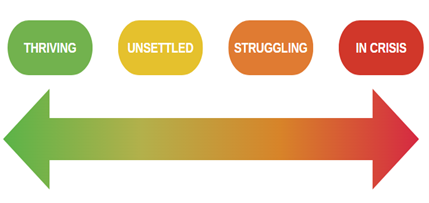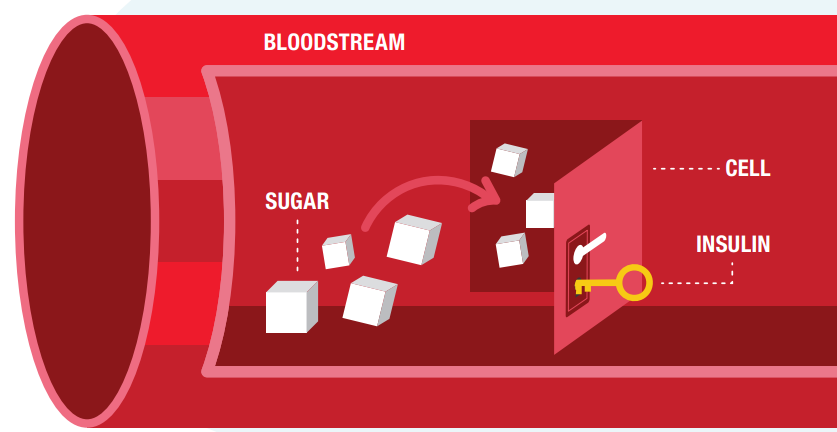

A life transition is a period of transformation in one’s life marked by a significant end and start of something new. Today, we start with the beginning: Birth and new parenthood. We will cover some of the most common challenges of the shift to a new identity as “parent” and outline strategies to best support parents through the new beginnings!
Lack of sleep
A new baby comes with endless new responsibilities, many of which occur in the middle of the night. Parents lose on average 400 hours of sleep during a baby’s first year!
New parent tip: Losing some sleep is inevitable with newborns. To prevent extra sleep loss, work on making a “get back to sleep” routine for after you tend to the baby. A healthy routine may involve a practice like deep breathing, meditating, or reading a few pages of a book and avoiding screens to help your brain wind down. Keep your routine consistent to help shift back into your sleepy state quickly.
Comparison
As new parents, it is easy to fall into the trap of social comparison to other parents and other babies. This can cause issues with self-esteem and increase feelings of anxiety or depression.
New parent tip: Put effort into catching yourself during moments of social comparison. Try not to judge yourself for the comparison, but simply bring this moment to your awareness. Think about your main goals as a parent and keep these in mind – your goals may not be the same as others, so any comparisons are not fair to you or your baby.
Social Changes
Relationships with family and friends often shift as parents spend more time caring for their child than at social gatherings, which may cause tension.
New parent tip: One’s social life changes after having a child and that is okay. Coping with this shift may involve a combination of acceptance and communication of your needs to others. How often and in what ways you socialize will also look different, so think about what about what aspects of your social life are most important to you and prioritize those.
Deprioritized needs
Babies are reliant on their parents for everything, and parents’ needs almost always come second. However, parents are more effective if they take time to care for themselves.
New parent tip: Look at your schedule to see where it is possible to block off time for yourself away from childcare or household duties. This will involve asking for and accepting help from others to share responsibilities. This might be more challenging for some due to scheduling issues or fear of being seen as “selfish.” However, even a little time spent prioritizing yourself is important when showing up as a parent, so it is important to seek this out.
Although starting a family can come with many stressors, most parents feel that the meaning it brings to their lives makes it more than worth it. Continue to give empathy to new parents, including yourself, if the time comes. The more support, the better.
Writer: Summer Clarke, Health Promotion Coordinator















































































































































































































































































































































































